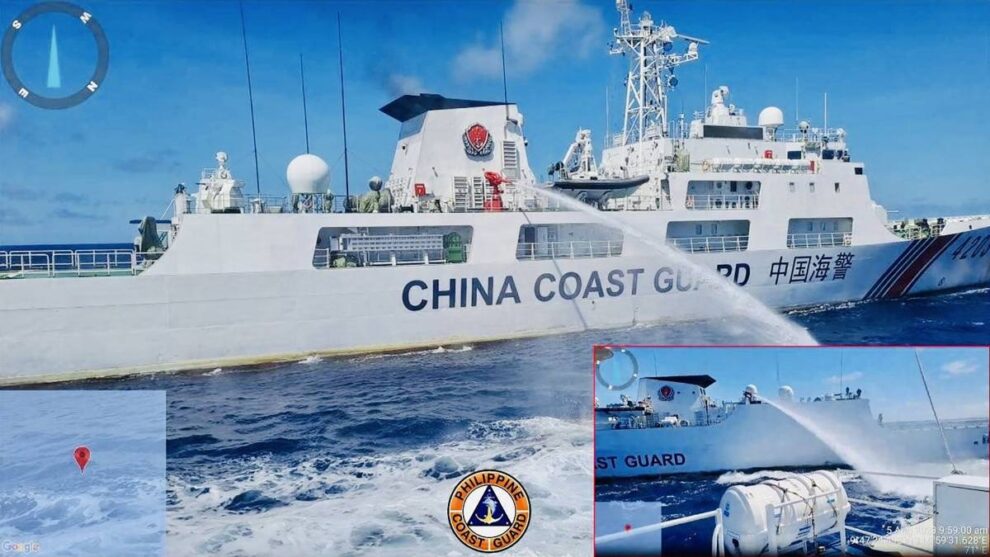(UPDATE) SEVENTY-NINE percent of Filipinos consider China the “greatest threat” to the Philippines and backed President Ferdinand Marcos Jr.’s approach of not yielding to the Asian superpower’s provocative actions in the South China Sea, the latest survey of Publicus Asia showed.
The Pahayag 2023 First Quarter survey showed that majority of Filipinos trust Japan, the member-states of the Association of Southeast Asian Nations (Asean), Canada, South Korea, Australia and the United States, and distrust China and Russia.
The survey, conducted between March 2 and March 6, with 1,500 respondents, showed that 55 percent trusted Japan, followed by Asean and Canada, at 45 percent and 44 percent, respectively.
Interestingly, South Korea (39 percent), Australia (39 percent) and the US (39 percent) “share comparable levels of trust,” Publicus said.
However, it said reservations are slightly more apparent in relation to the US, similar to attitudes toward the UK (34 percent) and the European Union (30 percent).
In contrast, the survey indicated a distinct lack of trust in China at 9 percent and in Russia at 14 percent.
Publicus attributed the 79 percent mistrust toward China to the widespread belief that China poses the most significant threat to the Philippines.
In terms of foreign policy, the survey showed that 6 in 10 Filipinos support the President’s stance and strategies regarding the West Philippine Sea dispute.
Publicus said this support “encompasses not yielding to China, seeking diplomatic resolution to territorial disagreements, and fortifying bilateral cooperation between the Philippines and China.” “We have been following Filipino voters’ perceptions of certain countries and international organizations since the first quarter of this year. We can infer that voters have varying attitudes toward these entities, particularly the United States, China and Russia,” said Eric Estrabo, Pahayag Project lead.
The Philippines and China are locked in a dispute over the South China Sea. Beijing claims about 80 percent of the waterway, citing what it calls “historic rights.” In January, Marcos flew to Beijing to meet Chinese President Xi Jinping and urged him to set up direct communication lines with Manila to avoid “miscalculations and miscommunications” in the disputed waters.
Despite this diplomatic gesture, Chinese vessels continued to claim parts of Philippine waters and have recently taken aggressive actions against Philippine vessels.
On August 5, Chinese coast guard, navy and maritime militia vessels blocked and fired a water cannon at Philippine vessels bringing supplies to military troops stationed on BRP Sierra Madre in Ayungin Shoal.
The Sierra Madre was intentionally grounded in Ayungin in 1999 to serve as the country’s military outpost in the West Philippine Sea.
In a statement it issued, the Chinese Ministry of Foreign Affairs said Manila made a commitment to remove the vessel but has yet to act on it.
Beijing also accused the Philippines of wanting to permanently occupy Ayungin Shoal.
Marcos has insisted that the Philippines has no agreement with China to remove the Sierra Madre from Ayungin Shoal and said if such a deal existed, he would rescind it immediately.
Source : Manila Times










